
Hey, I’m Maeve
i'm passionate about helping women love and care for their bodies
Here’s a paragraph to introduce yourself or your business and highlight what makes you different. Whether it’s your brand values or your USP, drive it home here.
You can talk about your own transformation or your mission. But what you’re really doing is showing prospective clients that transformation is possible for them, and you can help them get there, because you’ve done it before. Everything on your website needs to point back to the benefit your customers or clients are getting.
Don’t worry if it feels like you’re repeating yourself from other sections on your homepage – this is great for memorisation and cementing your message in your clients mind.



